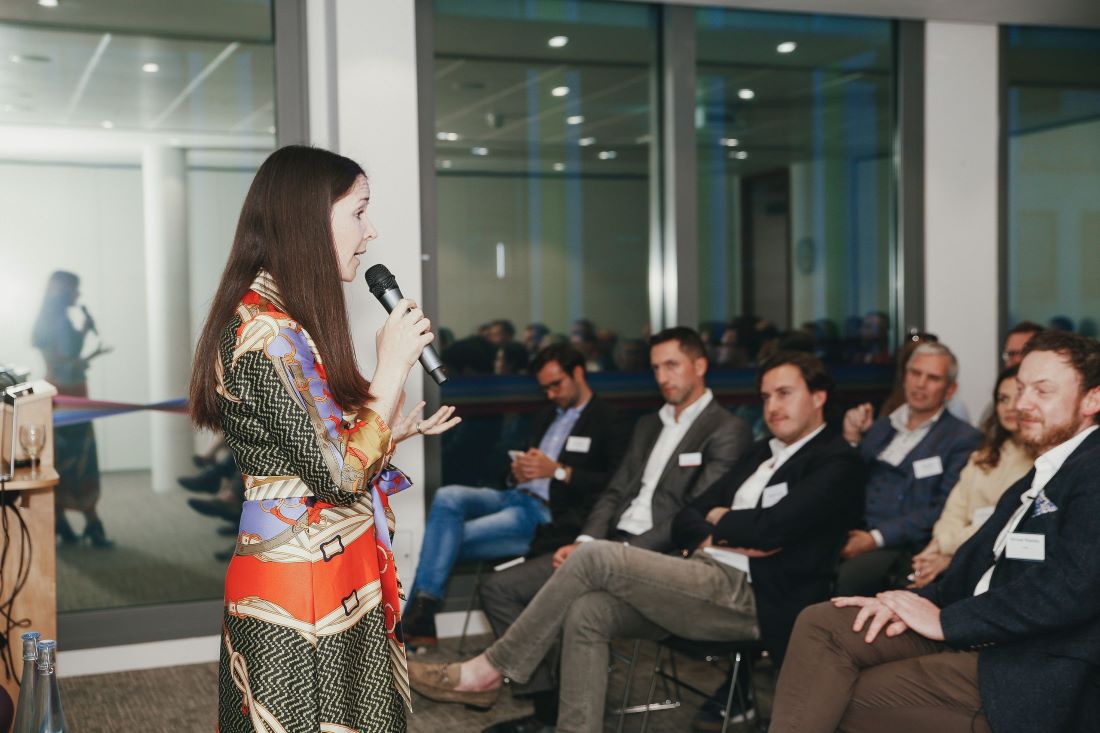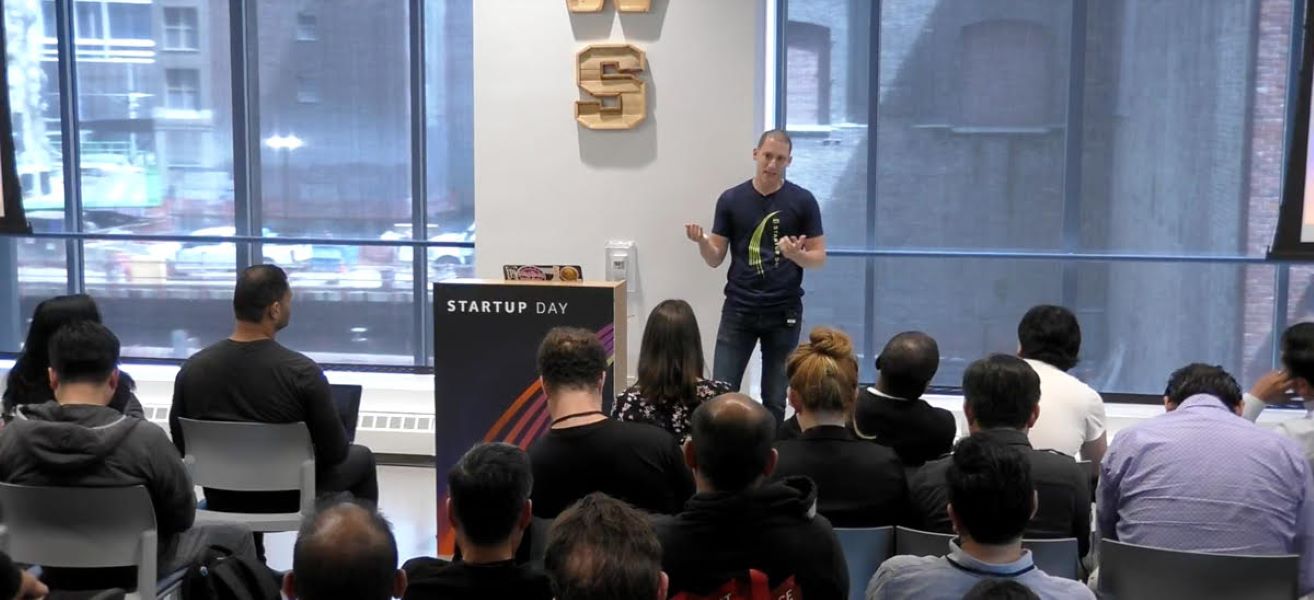
Entrepreneur and coach Cam Kashani, also known as ‘The Godmother of Silicon Beach’, goes deep into the ups and downs of founding two startups, bouncing back from failure, and how to reframe your thinking for success.
Join Founders Network to learn how to build the essential traits every founder needs, including:
- Cultivating self-awareness
- Building Resilience
- Finding Passion
- Exercising Persistence
- Practicing Detachment
It’s a well-worn cliche that 90% of success is mental. But for many startup founders, there is more than a kernel of truth to that.
There’s little that can truly prepare a first-time founder for the mental and emotional roller coaster of launching, building and scaling a business. The rewards are high, but the lows can be lonely and failures devastating. That’s why one of the most important things a founder can do is to develop a strong sense of self— your strengths, weaknesses, motivations and ultimately your real worth and potential.
That’s according to Cam Kashani, an entrepreneur, executive transformational coach and global speaker, who — after launching a very successful startup, CoLoft, and earning the moniker “The Godmother of Silicon Beach” — reinvented herself as a mentor who helps others, particularly women, to stop doubting themselves and make their dreams happen. She calls it “Awakening your Divine Feminine Leader”.
Kashani has the life experience, both in business and her personal life, to back it up. Her first tech startup, MedMinister, “was a complete failure,” she recalls. CoLoft, one of the first coworking spaces to open in LA, was virtually an overnight success — in part because of lessons learned from her first company. As a launchpad for Ziprecruiter, Uber LA, Fullscreen and other startups, CoLoft helped to burnish LA’s image as a growing tech hub. But her marriage suffered, and after a painful split, Cam reinvented herself yet again.
“No doubt it’s hard to get someone to give you money. But are you allowing that to mean something negative about you if they say no?” - @CamSKashani Share on X“One thing that I’ve seen with people, especially founders, is what shows up when they’re raising money,” she said. “Often, it’s not about actually the process of raising money — it’s what you’re making that process mean about you. There’s no doubt that it’s hard to get someone to take out a check and give you money. But are you allowing that to mean something negative about you if they say no? Are you creating excuses in your mind and limiting beliefs and believing things that aren’t actually true?”
Self-awareness is key to guarding yourself against damaging thought patterns that can hamper growth –and founders must build a clear understanding of their desires and motivations in founding a startup. Kashani recalls her own experience with her first company, realizing after all was said and done that she was never passionate about the project: “It was boring,” she said.
Establishing a sense of purpose serves as the foundation for other essential traits in building a startup, and ultimately succeeding as an executive longer term.
“If you want to build resilience, first become supremely self-aware — get really clear on who you are and why you're here.” - @CamSKashani Share on X“If you want to build resilience, first become supremely self-aware — get really clear on who you are and why you’re here,” she says.
It also helps to cultivate the other skill you’ll need to overcome challenges that inevitably arise in building a startup or in any endeavor: persistence.
It may not come naturally to every founder to view obstacles simply as temporary challenges to overcome, rather than as a negative reflection of your value. But it’s necessary to reframe your thinking that way if you want your company to go the distance. And it also helps in the essential functions of running a business, such as raising money, building relationships and developing longer-term strategies.
“You have to keep clear on what the truth of the matter is and not let your fear lie to you.” - @CamSKashani Share on X“You have to keep clear on what the truth of the matter is and not let your fear lie to you,” she adds. “Then every single challenge that shows up, instead of making it mean something about you, you’re going to look at it like: Oh, it’s a roadblock. How do I go around it?”
Finally, there’s a risk in becoming too attached to your startup — namely, to the specific outcome you envisioned at the outset. Not only can failures seem especially devastating if you’re too attached, but founders must remain open to a number of potential outcomes that can arise.
“You have to be persistent and committed to the process, but detached from the final result -- you don't actually know which way you're going to be guided.” - @CamSKashani Share on X“You have to be persistent and committed to the process, but detached from the final result — you don’t actually know which way you’re going to be guided,” Kashani says. “You don’t actually know what’s going to happen. None of us can predict our own future; we can just do our best to create it.”






